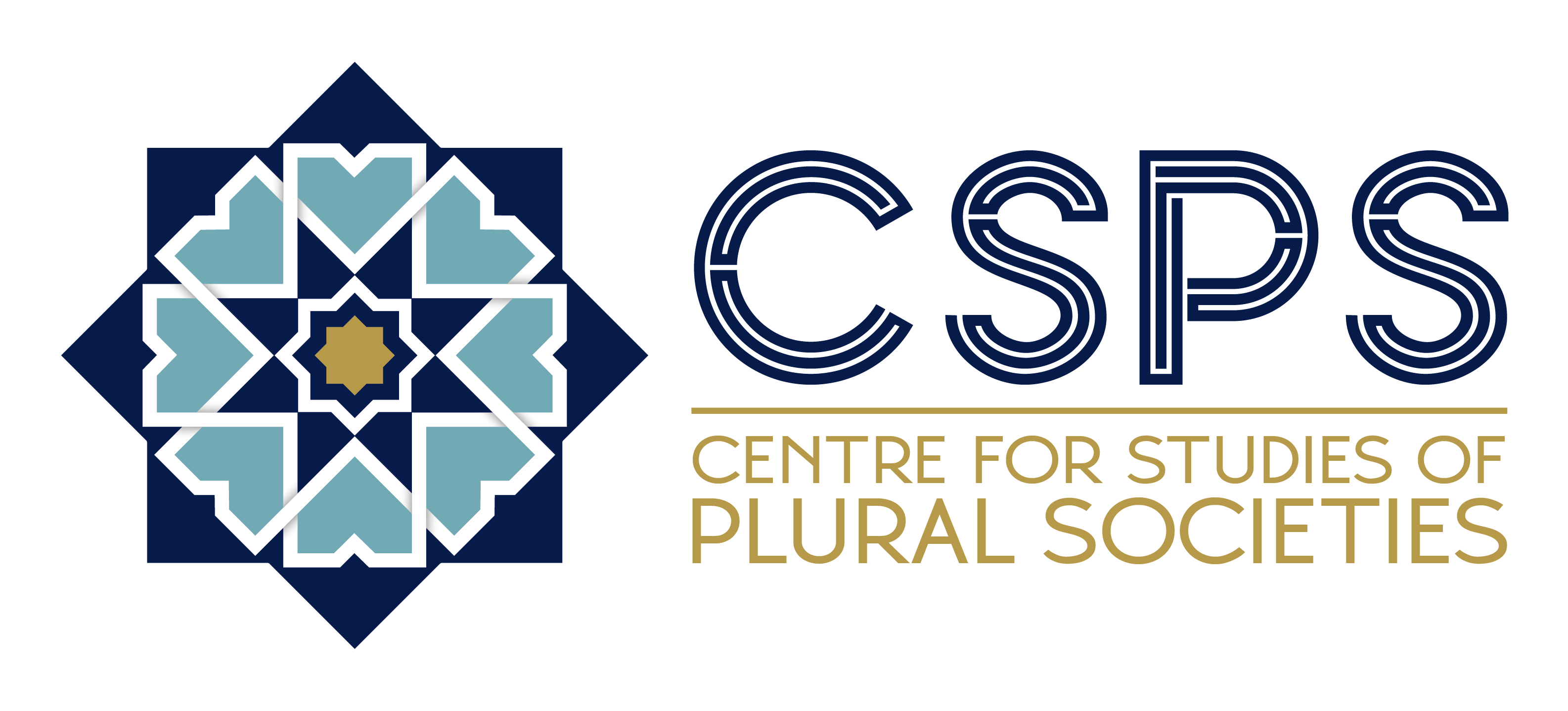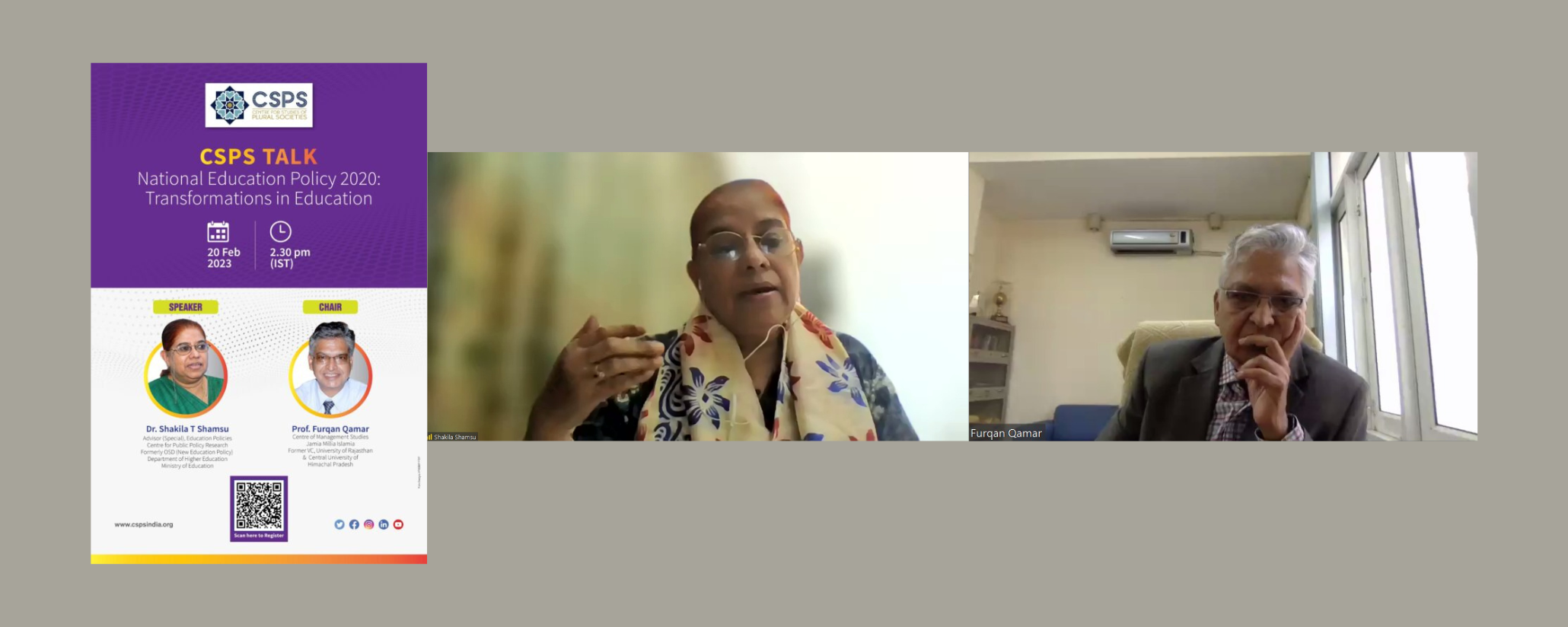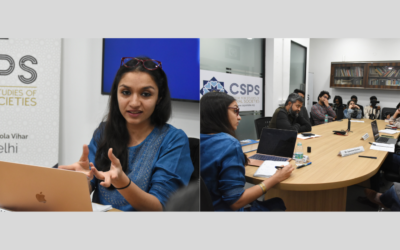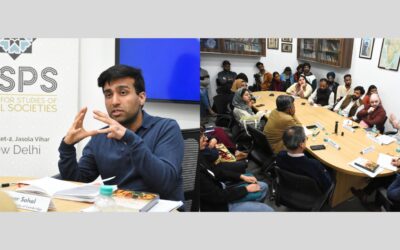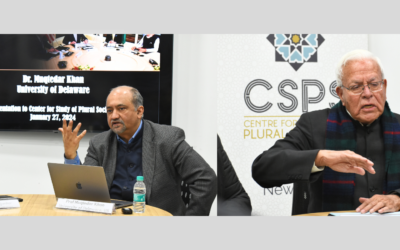The Centre of Studies of Plural Societies (CSPS) organised a talk titled ‘New Education Policy 2020: Transformation in Education’. It was organised to address the apprehension pertaining to the New Education Policy (2020) and highlight some of its key provisions on Higher Education. The distinguished speaker of the session was Dr. Shakila T Shamsu (former Officer on Special Duty, Department of Higher Education of the Ministry of Education, India). The event was chaired by Prof. Furqan Qamar (Centre of Management Studies, Jamia Millia Islamia).
About the Talk
Prof. Furqan Qamar formally commenced the session by highlighting the key contributions of Dr Shakila in the rigorous process of drafting the New Education Policy (NEP) and invited her to start the discussion.
Addressing the apprehension towards the NEP that stems from the concerns around commercialisation of education, Dr Shamsu asserted the need to understand the policy in relation to the changing global context. She explained how the technologically advanced and globalised world demands greater flexibility in work which requires the youngest population to develop multiple skill sets. She added that there is also a shift from information-based society to a knowledge-based society which calls for multidimensional and multidisciplinary learning. Thereby emphasising the importance of NEP for India to optimise its productive capacity of its youth population.
Dr Shamsu primarily focussed on the structural changes in Higher Education that are introduced as a part of the provision of the policy. She explained how the reform marks the shift from the traditional mode of teaching-learning process and calls for blurring the disciplinary boundaries to make education integrated, holistic, and multidimensional. She elaborated how NEP envisions bringing about flexibility in the process of learning vis-à-vis curriculum, language, faculty, teaching-learning methodology, modes of assessment and collaboration with national and foreign universities. Dr Shamsu also stated that the NEP recognises the demands of an ever-changing job market and hence gives primacy to an ‘individualised learning paradigm’ that would facilitate student’s mobility across various disciplines, jobs and skill sets.
The discussion was followed by a question-answer session moderated by Prof. Qamar. In this session questions were raised pertaining to flexibility of the curriculum, budgeting, and internationalisation. Dr. Shamsu patiently took up the questions and asserted that the NEP envisions to engender healthy competition whereby various stakeholders should collaborate to make the teaching-learning process more pluralistic and inclusive.
The chair of the session concluded the meeting with his insights on the policy. He underlined that the futuristic aim of the policy has got muddled due to faulty implementation. He remarked that there is uncertainty with regards to the policy because the power structure in India is layered and hence working solutions are not always amenable. He encouraged us to learn from the glorious past of our country where education systems like Nalanda and Takshila flourished to realise the objective of NEP 2020 in the future. He also suggested the implementation should be orderly and the private and public investment in education must increase. The problem of affordability of quality education must also be addressed to make education inclusive and accessible to all. Thus, the provisions of the policy pertaining to Higher Education as a solution to uncertainty engendered by globalisation was analysed and discussed critically.
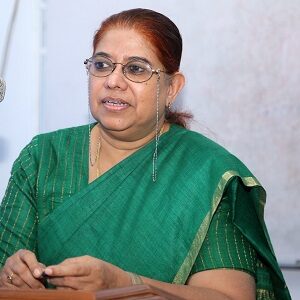
Dr Shakila T Shamsu is a retired academician. She has taught in the Universities of Mumbai and IGNOU for over four decades. She had worked in the Ministry of Education as an Officer on Special Duty (OSD). She had been the Secretary of the Drafting Committee for the New Education Policy 2020. Also, the Nodal Officer of the flagship of Government of India Scheme of National Mission on Teachers and Teaching. She had also been OSD (XII Plan) in MoE and Joint Advisor (Education) in Planning Commission (deputation).
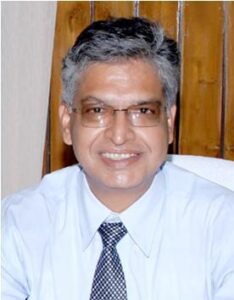
Professor Furqan Qamar is a faculty member of the Centre of Management at Jamia Milia Islamia. He is also the former Vice Chancellor of the University of Rajasthan and the Central University of Himachal Pradesh. He had also been the Advisor (Education) in the Planning Commission, Government of India.
